Why Baking Soda Didn’t Whiten Your Teeth: An Expert Analysis | Double White
# Why Did Baking Soda Not Whiten My Teeth?
In the quest for a brighter smile, many turn to baking soda as a cost-effective solution. While it’s a staple in many households due to its versatility, its efficacy in teeth whitening is often overestimated. This article delves into why baking soda might not have delivered the whitening results you hoped for and discusses more effective alternatives.
Understanding Baking Soda
Baking soda, or sodium bicarbonate, is a mild abrasive and is praised for its ability to remove surface stains from teeth. However, its capacity to whiten teeth is limited. Unlike professional teeth-whitening agents, which contain hydrogen peroxide or carbamide peroxide, baking soda does not penetrate the tooth enamel to remove deeper stains or intrinsic discoloration.
Limitations of Baking Soda
1. Surface-Level Effectiveness: Baking soda can effectively remove plaque and surface stains but does little for intrinsic stains. If your teeth coloring is due to factors involving deeper enamel layers, baking soda alone will not suffice.
2. Frequent Use Risks: Overusing baking soda can lead to enamel erosion. Its abrasive nature may eventually wear down the enamel, exposing softer dentin underneath—leading to increased sensitivity and a higher risk of cavities.
3. Expectation Versus Reality: If you expected dramatic whitening effects with baking soda, the results could have been underwhelming because it doesn’t contain bleaching agents.
Exploring Better Alternatives
For those seeking more pronounced whitening results, there are alternative methods and professional treatments worth considering:
- Whitening Toothpaste: Utilize toothpastes specifically formulated with whitening agents for gradual results.
- Whitening Strips: Over-the-counter strips contain mild peroxide levels that penetrate enamel more effectively than baking soda.
- Professional Whitening Treatments: Consult a dental professional for treatments using high-concentration bleaching agents, offering safe, noticeable results.
- Custom Trays from Dentists: These trays fit your teeth precisely and are used with peroxide gels—delivering superior results while minimizing sensitivity.
Conclusion
While baking soda is an accessible and natural cleaning agent, it falls short as a comprehensive teeth-whitening solution. Professionals recommend using it sparingly and exploring other products and treatments for more significant results. When it comes to your smile, investing in proven strategies is worth ensuring a healthier, brighter outcome.
For expert advice and reliable whitening solutions, visit Double White today. Let us help you achieve the brighter, whiter smile you desire.
Recommended for you
Teeth Whitening Business Requirements in Russia - Double White
Teeth Whitening Strips Safe? Double White
Can I Use Teeth Whitening Strips While Breastfeeding? | Double White

The Ultimate Guide to Choosing the Best Teeth Whitening White Strips
About Customized Services
Can you assist with regulatory registration for different countries?
Yes, we can provide support.
About Product Choice
Can I customize special specifications or packaging?
Yes, we provide customized services, you can customize special specifications, packaging and private label etc. according to your needs.
What are the differences between the different products?
Different products may have slightly different usage methods, whitening effects, and applicable groups. Please choose according to your needs and preferences.
About Price and Payment
How are the prices of your products determined?
Our product prices are based on a variety of factors, including order quantity, customization requirements, and market competition.
About Solution Suggestions
How to maximize the effectiveness of teeth whitening?
You can maximize the results of your teeth whitening by following our usage guidelines and recommendations, combined with good oral hygiene and a healthy lifestyle.

HP Teeth Whitening Alcohol-free Strips HPNA-01
Discover Double White’s HP Teeth Whitening Alcohol-free Strips HPNA-01, the best teeth whitening strips designed for a brighter smile without irritation. Alcohol-free formula ensures gentle yet effective whitening. Achieve professional results safely and easily at home with these top-rated teeth whitening strips.

HP Teeth Whitening Alcohol-free Strips HPNA-02
Double White’s HP Teeth Whitening Alcohol-free Strips HPNA-02 offer effective, gentle whitening without alcohol. These best whitening teeth strips deliver visible results, making them the good teeth whitening strips choice for a brighter smile. Try our whitening strips for teeth today!

Hydrogen Peroxide Residue Free Teeth Whitening Strips RFHP01
Double White Hydrogen Peroxide Residue Free Teeth Whitening Strips RFHP01 deliver the best quick teeth whitening results without residue. These best teeth whitening strips offer safe, effective brightening for a confident smile. Experience one of the best teeth whitening products today.

Hydrogen Peroxide Residue Free Teeth Whitening Strips RFHP02
100% tooth surface residue-free teeth strips represents the latest white teeth technology. This new product has strong adhesion on the teeth, but when peeled off, no gel-like substance remains on the tooth surface, leaving the teeth bright. Like new, no cleaning required.
Send us your inquiry
Reach out to us through the form below or via the contact information provided.
Our dedicated team is committed to providing prompt and personalized responses to all your queries.
Please fill out the fields above with your full name, email address, and comment.
Copyright © 2025 Double White All Rights Reserved. Designed by gooeyun

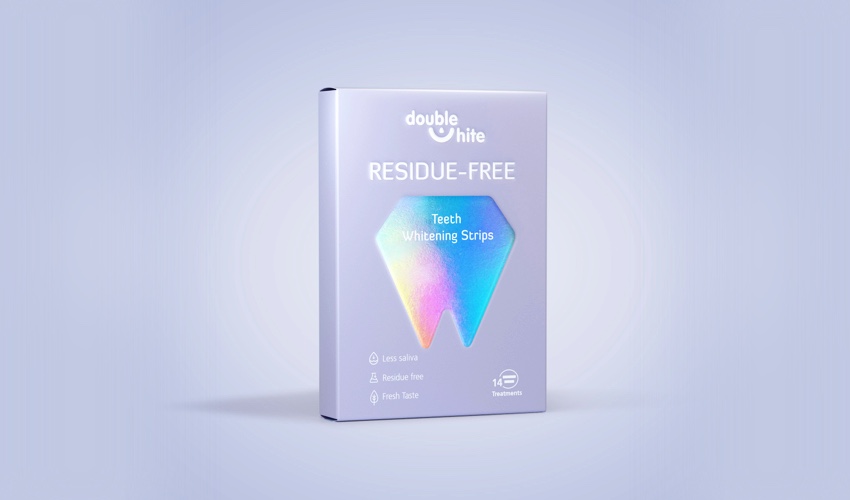
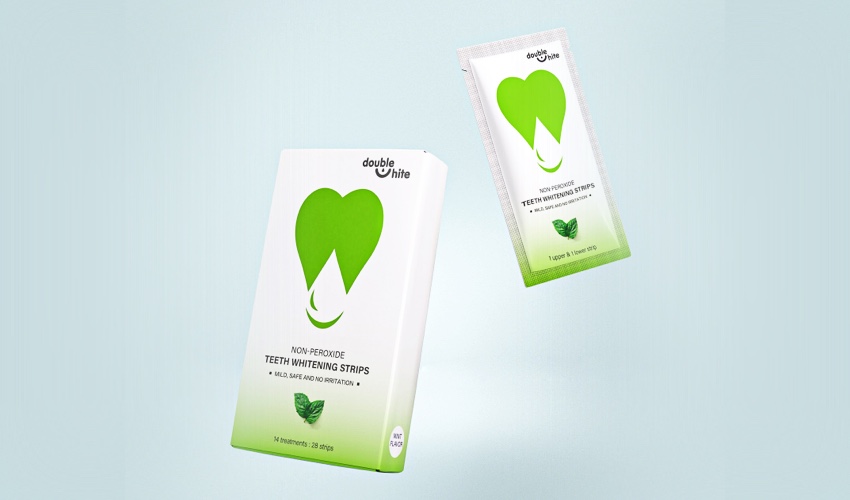
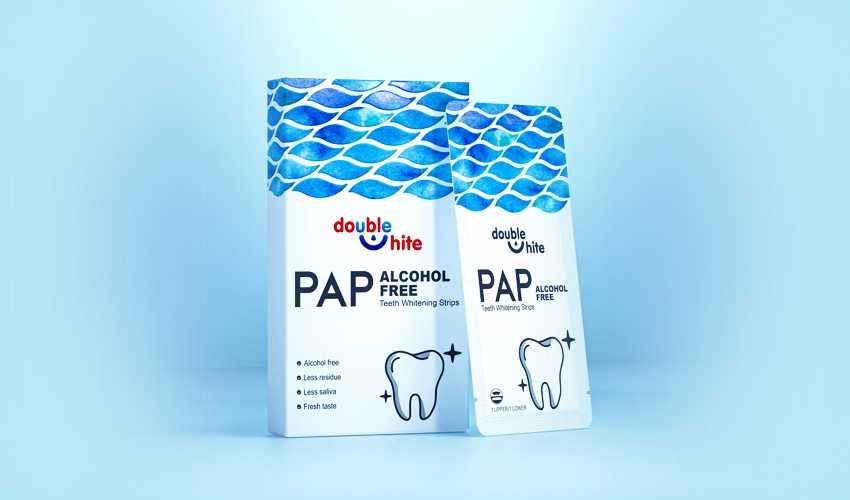
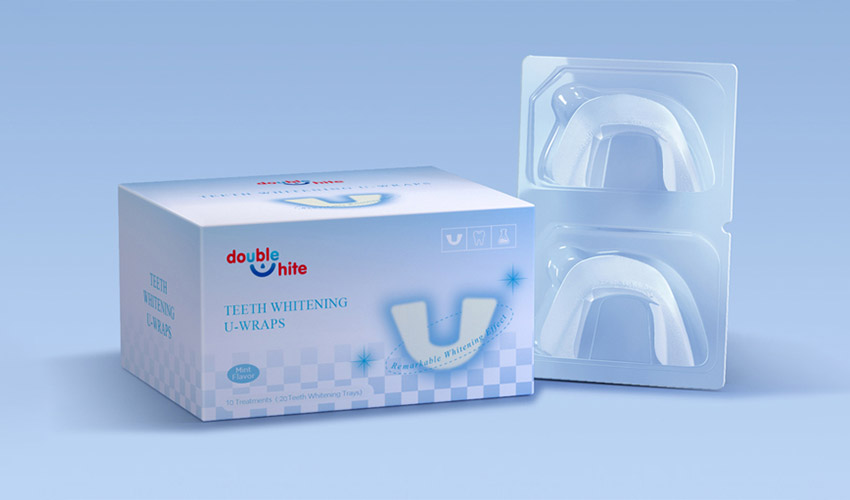
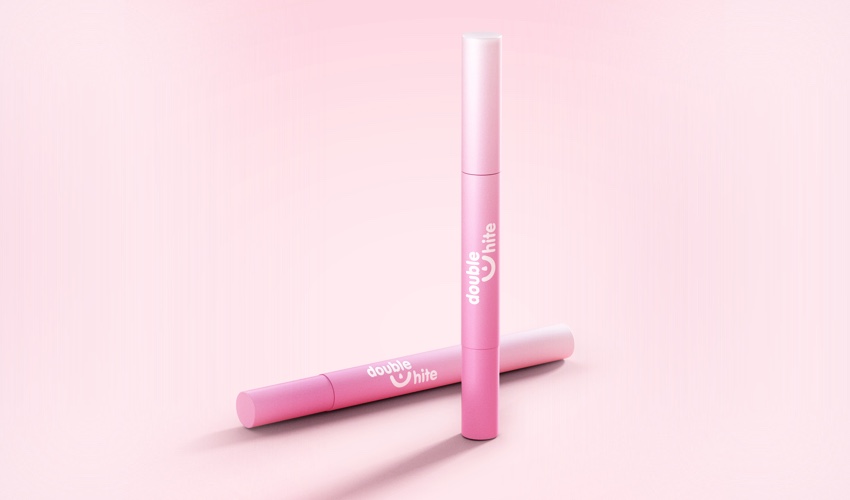
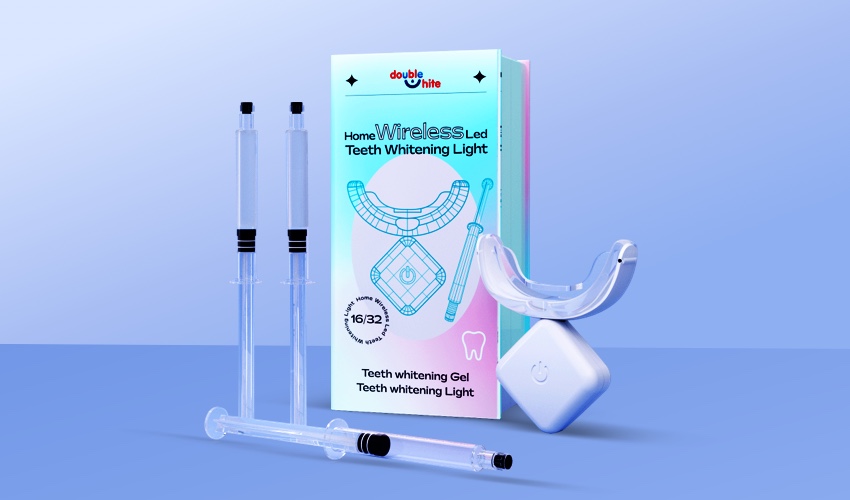
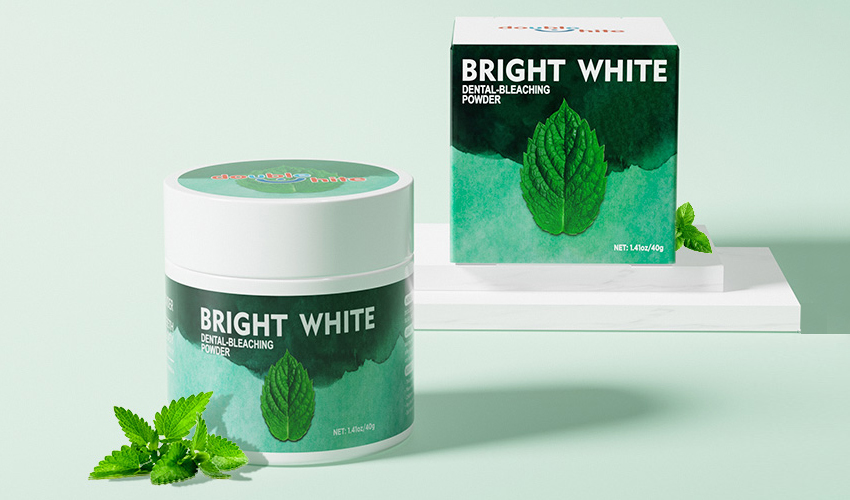






Whatsapp: +8615920313473
cndoublewhite
Doublewhite
doublewhitecn
cndoublewhite
cndoublewhite